Understanding the past tense of meet is essential for effective communication. The word “meet” is part of everyday language. It is used in many situations. Knowing how to use “met”, the past tense form, helps in conversations and writing.
This article explores the meaning of “meet,” its usage, pronunciation, and more. We will also look at synonyms, historical origins, and how to use these verbs correctly in different contexts.
How to Pronounce the Past Tense of “Meet” i.e. “Met”
The past tense of “meet” is “met.” To pronounce “met,” you can use phonetics to guide you. It sounds like /mɛt/. The vowel sound in “met” is short. This helps distinguish it from other similar words. Many people may confuse it with “meat,” which sounds different.
To practice, say it out loud. You can also listen to online pronunciation tools. Websites like Forvo or Merriam-Webster provide audio examples. It is vital to get the pronunciation right, especially in formal settings. Mispronouncing can lead to misunderstandings.
you might be The Past Tense of Meet: Picking the Right Verb
What Does the Word “Meet” Mean?
The word “meet” means to come together or encounter someone. You might meet a friend for coffee, or meet a colleague at a conference. The meaning can change based on the context. When you meet someone, you are often making an introduction. This can be a physical interaction, like shaking hands, or a figurative interaction, like connecting online.
In English grammar, “meet” can be used in different forms, such as present, past, and future. It can also fit into various sentence types: affirmative, negative, and interrogative. For example, “I meet my friend every Monday” is affirmative. “I do not meet her often” is negative. “Do I meet her at the café?” is interrogative.
The Simple Verb Tense Table
| Tense | Affirmative | Negative | Interrogative |
| Present Simple | I meet my friend. | I do not meet my friend. | Do I meet my friend? |
| Present Continuous | I am meeting my friend. | I am not meeting my friend. | Am I meeting my friend? |
| Present Perfect | I have met my friend. | I have not met my friend. | Have I met my friend? |
| Present Perfect Continuous | I have been meeting my friend. | I have not been meeting my friend. | Have I been meeting my friend? |
| Past Simple | I met my friend. | I did not meet my friend. | Did I meet my friend? |
| Past Continuous | I was meeting my friend. | I was not meeting my friend. | Was I meeting my friend? |
| Past Perfect | I had met my friend. | I had not met my friend. | Had I met my friend? |
| Past Perfect Continuous | I had been meeting my friend. | I had not been meeting my friend. | Had I been meeting my friend? |
| Future Simple | I will meet my friend. | I will not meet my friend. | Will I meet my friend? |
| Future Continuous | I will be meeting my friend. | I will not be meeting my friend. | Will I be meeting my friend? |
| Future Perfect | I will have met my friend. | I will not have met my friend. | Will I have met my friend? |
| Future Perfect Continuous | I will have been meeting my friend. | I will not have been meeting my friend. | Will I have been meeting my friend? |
Read more About The Past Tense of Meet: Picking the Right Verb
Origin of the Word “Meet”
The origin of “meet” comes from the Old English language. The word originates from “gemetan,” which means to gather or to come together. Over time, its meaning evolved. In Middle English, it became “meten.” This historical background highlights the word’s significance in human interaction.
Understanding the origin gives depth to its use. “Meet” has always been about connection. Whether it is a formal meeting or a casual encounter, the core idea remains the same. The historical context can also enhance vocabulary and comprehension.
Usage of “Meet” and “Met” in Everyday Conversations
Using “Meet” in Present Tense
- Using “meet” in the present tense is quite simple and common in conversation.
- For example, you might say, “I meet my colleagues every Monday morning.”
- This phrase indicates a scheduled activity that happens regularly.
- In a classroom setting, a teacher might say, “We meet each week to discuss student progress.”
- When planning events, you could say, “Let’s meet at the café to finalize our plans.”
- It also works well for introductions, such as “I want you to meet my partner.”
- In business, saying “We meet quarterly to assess our goals” is a typical practice.
- During a networking event, someone might say, “I hope to meet new people tonight.”
- The verb “meet” can also express a desire for connection, like “I want to meet with you to collaborate.”
- In everyday conversations, you may hear phrases like “I often meet my neighbors at the park.”
- Additionally, “meet” can indicate a future intention, as in “We will meet next week to discuss our project.”
- Overall, using “meet” in the present tense helps facilitate interactions and build relationships.
Using “Met” in Past Tense
- Using “met” in the past tense is essential for discussing previous encounters.
- You might say, “I met my mentor at a conference last year.”
- This sentence indicates a specific time when the meeting happened.
- Another example is, “We met for coffee last Wednesday.”
- This phrase shows that the meeting is now complete.
- In storytelling, you could say, “I met a renowned scientist during my research.”
- This highlights a memorable interaction from the past.
- When reminiscing, you might say, “I met my best friend in college.”
- This emphasizes how important that meeting was in your life.
- Using “met” helps clarify timelines in conversations.
- In everyday discussions, you could say, “I met several new people at the networking event.”
- This illustrates the social aspect of past meetings and connections made.
Synonyms of “Meet” and “Met”
Synonyms of “Meet” (Present Tense)
- Encounter
- Gather
- Connect
- Convene
- Assemble
- Join
- Meet up
- Interact
- Network
- Introduce
- Engage
- Collaborate
Synonyms of “Met” (Past Tense)
- Ran into
- Came across
- Encountered
- Crossed paths with
- Came together
- Bumped into
- Stumbled upon
- Happened upon
- Met up with
- Confronted
- Found
- Discovered
FAQ” S
What is the past tense of “meet”?
The past tense of “meet” is “met.”
How do you pronounce “met”?
“Met” is pronounced as /mɛt/.
What are some synonyms of “meet”?
Some synonyms include encounter, gather, and connect.
What does “meet” mean?
“Meet” means to come together or encounter someone.
How do you use “met” in a sentence?
You can use “met” in sentences like, “I met my friend yesterday.”
Conclusion
In summary, the past tense of meet is “met.” Understanding the differences between “meet” and “met” is crucial for effective communication. These verbs play a significant role in everyday conversations, whether you are introducing someone or discussing past encounters. By using synonyms and understanding verb tenses, you can enhance your speaking and writing skills.

Mason Blake is an experienced blogger with a passion for language and communication. With years of expertise in crafting informative and engaging content, Mason shares valuable insights on grammar and writing. His clear, concise, and reader-friendly approach has earned him a loyal following, helping readers sharpen their language skills and master the art of effective communication.

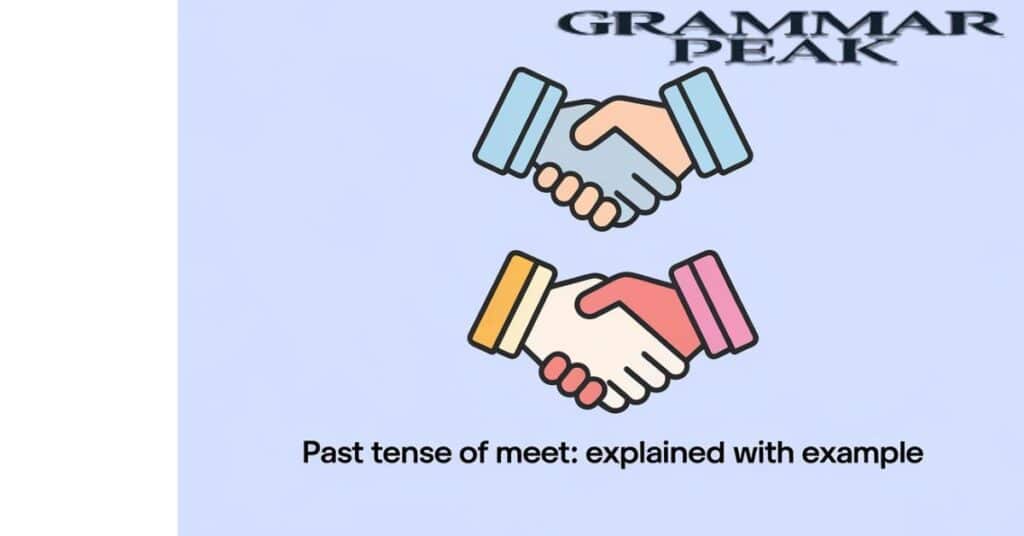
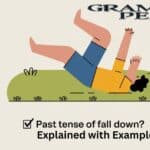
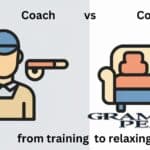
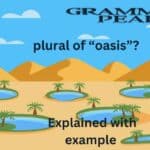
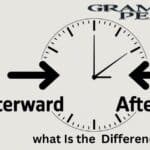
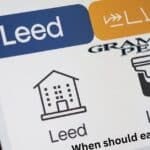

Your article helped me a lot, is there any more related content? Thanks!
Can you be more specific about the content of your article? After reading it, I still have some doubts. Hope you can help me.
Can you be more specific about the content of your article? After reading it, I still have some doubts. Hope you can help me.
Your point of view caught my eye and was very interesting. Thanks. I have a question for you.
Your article helped me a lot, is there any more related content? Thanks! https://www.binance.info/fr-AF/register?ref=JHQQKNKN
Thank you for your sharing. I am worried that I lack creative ideas. It is your article that makes me full of hope. Thank you. But, I have a question, can you help me?
Your article helped me a lot, is there any more related content? Thanks!
Thanks for sharing. I read many of your blog posts, cool, your blog is very good.
Thanks for sharing. I read many of your blog posts, cool, your blog is very good.
Thanks for sharing. I read many of your blog posts, cool, your blog is very good.
I don’t think the title of your article matches the content lol. Just kidding, mainly because I had some doubts after reading the article.
Thanks for sharing. I read many of your blog posts, cool, your blog is very good.